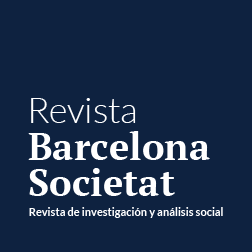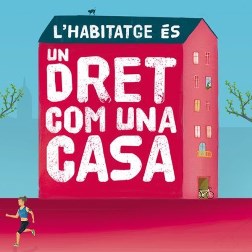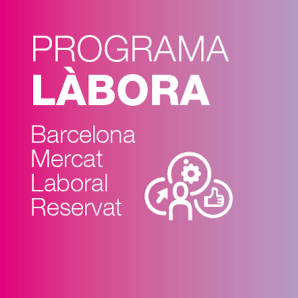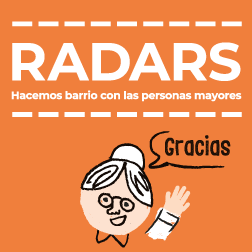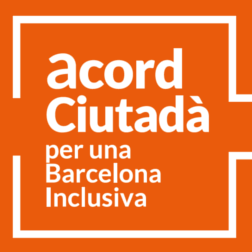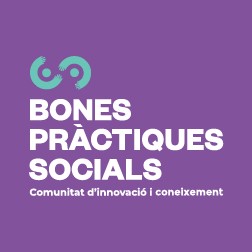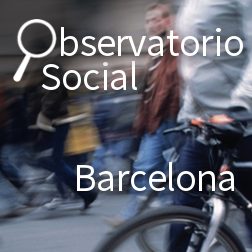Social incomes for the most vulnerable lead to greater satisfaction
17/02/2021 - 17:30
A final assessment has been made of the B-Mincome scheme, the pilot project to combat social exclusion and poverty in the ten neighbourhoods in the Besòs area and analyse the results of combining monthly social incomes with active social and labour inclusion polices. The evaluation confirms that the concession of incomes significantly reduces the risk of poverty and leads to greater life satisfaction, community participation and social cohesion.
The detailed study was produced with the various organisations which took part in the project, enabling a series of conclusions to be reached on the real effects of paying social incomes to the population at risk of vulnerability.
The evaluation confirms that the incomes significantly help combat severe material deprivation and food insecurity. They also reduce the sensation of financial uncertainty and the stress that comes with this, increasing general satisfaction and boosting people’s participation in community life and the promotion of intercultural relationships.
The project also had a positive gender impact by empowering women participants, who saw their role strengthened in the domestic, labour and community spheres, as well as a positive impact on family relationships.
However, with the conclusion of the B-Mincome scheme the findings are that it is not possible to perceive a notable improvement in physical or mental health, even though there is an improvement in terms of sleep, stress levels and access to medical care. It has also been impossible to validate the positive effects in terms of the increase in economic enterprise or the prospect of finding work, although a longer time frame is needed to draw more specific conclusions on this point.
Pioneering policies
The B-Mincome meant the implementation of pioneering combined policies, such as the launch of the REC currency, to gauge the efficiency of social incomes over two consecutive years.
Over the two years of B-Mincome project, the City Council invested 10.9 million euros in it. In addition to that budget, the European Union added 4.9 million euros through its Urban Innovative Actions (UIA) programme.
The EU programme enabled 952 families in the Besòs neighbourhoods (households headed by women in 84% of cases), some 3,700 people in all, to receive 480 euros a month on average during the two years that the scheme lasted.
The B-Mincome programme was recognised by the World Health Organization (WHO) as one of the most notable initiatives in Europe to reduce inequalities and improve health and welfare in society.



